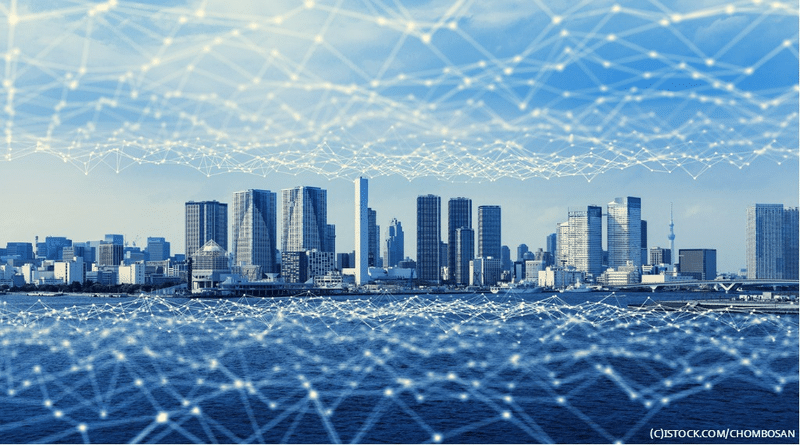Why data integration and collaboration is essential to the success of the smart city
- by 7wData

In today’s always on world, we live with an ever-growing number of connected devices. We no longer just use and connect up our smartphones, tablets and laptops. Our homes, workplaces and cities are full of connected devices and systems. This can range from AI audio systems to smart fridges to intelligent air-conditioning units and smart streetlamps. Gartner predicts there will be 8.4 billion connected ‘things’ in use in 2017, up 31 per cent from 2016. This trend will only accelerate as the cost to acquire, power, analyse and store data is set to fall further over the next few years.
The data generated by the Internet of Things (IoT) will undoubtedly improve our lives in the future. This is particularly pertinent for the majority of the global population that will be living in the world’s urban areas by 2050. By utilising IoT devices to develop smart cities, city planners can ensure the modern metropolis meets the needs of its inhabitants.
All over the world, cities are already experiencing benefits of this new interconnected world. Take the smart street lights currently being piloted in Glasgow. The LED lights, which will replace old sodium lamps, will not only cut carbon emissions and drain less energy, but dim and brighten dynamically. In New Zealand, paint “smelling” sensors are being deployed to combat instances of vandalism and graffiti. In finland, self-driving, electric buses are cutting carbon emissions and costs for commuters. In London, we can already see the benefits of smart parking spaces and contactless payments on public transport.
But this is just the start. The potential of IoT is far greater than this. Smart cities will feature a raft of vastly improved public services in the future, from healthcare systems that can help pre-empt illnesses to road travel with far less congestion and hazards.
It all sounds great. But, there is one underlying principle that allows a truly smart city to flourish – the underlying systems and data must be fully connected and integrated.
[Social9_Share class=”s9-widget-wrapper”]
Upcoming Events
From Text to Value: Pairing Text Analytics and Generative AI
21 May 2024
5 PM CET – 6 PM CET
Read MoreYou Might Be Interested In
Data-Driven Decision Making: Top 9 Best Practices
14 Apr, 2021The phrase data-driven decision making – certainly popular in the field of data analytics – may seem redundant. After all, …
3 Tips for Adopting Business Intelligence
25 May, 2016Business Intelligence (BI) – the ability to garner actionable, data-driven insights into the working of an enterprise – is revolutionizing …
How Companies are Meeting the Big Data Skills Challenge
26 Dec, 2017Big Data is everywhere. From the birth of the concept in the mid-1990’s to today, there’s been staggering growth in …
Recent Jobs
Do You Want to Share Your Story?
Bring your insights on Data, Visualization, Innovation or Business Agility to our community. Let them learn from your experience.
Privacy Overview
Get the 3 STEPS
To Drive Analytics Adoption
And manage change


